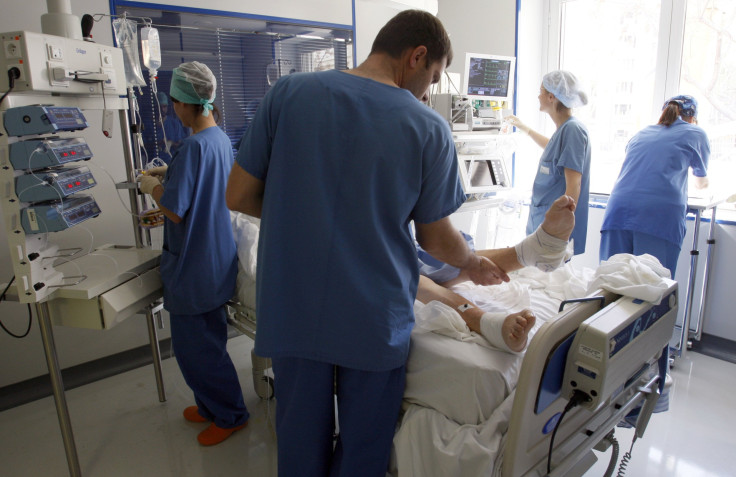Will One Year of Mandatory Healthcare Assistance Benefit Future Nurses?

A researcher from the UK says a year working as a healthcare assistant will not prepare aspiring nurses for their chosen career path and may even hinder their capabilities.
In response to the Public Inquiry into Mid Staffordshire NHS Foundation Trust, the UK government is shopping around the idea of mandating one year assisting in healthcare before someone can become a registered nurse.
Elaine Maxwell, assistant director of the Health Foundation in London, presents three arguments that dispute this claim:
- Nursing is not just about caring. It also requires a great deal of thought and decision making skills.
- Enforcing a mandatory year of healthcare assistance will undoubtedly reduce the number of available nurses.
- This new policy could negatively affect the preexisting healthcare assistant workforce.
"Providing personal care is a fundamental part of nursing, but well educated nurses do more than complete a task in a caring way," Maxwell stated in her argument.
"They thoroughly assess a patient, for example, examining skin tone and elasticity while helping with bathing to identify early dehydration and intervene before the patient's deterioration shows as a raised early warning score."
Undermining the need for such a policy, Maxwell mentions the results of nursing studies done at English colleges that showed the rate of nursing missteps has dropped from 12 percent in 2009-2009 to 8 percent in 2009-2010.
Maxwell says the first two years of nursing school give a potential nurse the chance to display their cognitive abilities in delivering proper attention and care.
"The route to improved nursing standards is not to return to a theory-lite apprenticeship model, focusing solely on personal care, but to improve the practice environment and to support the existing workforce to practice the highest standards," Maxwell added.
"They in turn will be role models for best practice for the next generation to ensure the best patient experience and the best clinical outcomes."
Maxwell's entire argument can be found in the online journal BMJ.



























